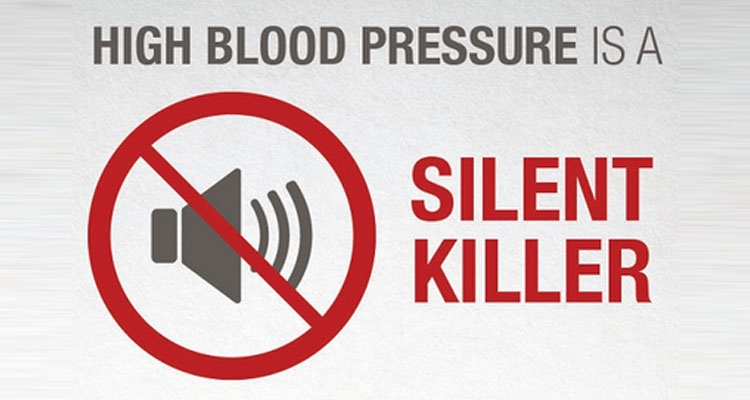
Since BP is a very commonly occurring disease, it is bound to be taken casually and neglected.
Little do we know that hypertension is one of the most common causes (risk factors) for heart disease, which is the number 1 killer worldwide?
Expert opinion matters, let's take it.
Will come up next with 'The Do's and Don'ts' in patients of the cardiac disease.